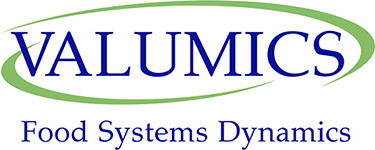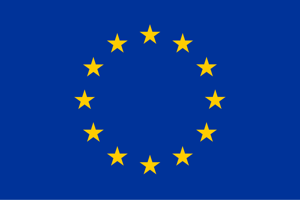Background
Food is the single strongest lever to optimize human health and environmental sustainability (EAT-Lancet Commission, 2019). Food consumption accounts for at least 25% of the average material footprint of an European person, which is about three times more than its estimated sustainable level (Leppänen et al., 2011). From a carbon emission perspective, current European eating patterns are based on highly carbon intensive behaviours (Akenji et al., 2019), such as daily consumption of animal-derived products that can cause as much as 20 times more carbon emissions than its plant-based counterparts per gram of protein (Leahy, 2019).
Hence the scientific community has been calling for significant global dietary shifts, requiring the reduction of specific high impact foods consumption by more than 50% by 2050, on the risk of failing to meet the UN Sustainable Development Goals (SDGs) and the Paris Agreement (Willett, W. et al., 2019). The urgency around the need to address food consumption in the EU has also been clearly stated in the recently published Farm to Fork Strategy, which recognises that “moving to a more plant-based diet with less red and processed meat and with more fruits and vegetables will reduce not only risks of life threatening diseases, but also the environmental impact of the food system”.
A shift to a sustainable food system can bring environmental, health and social benefits, offer economic gains and ensure that the recovery from the crisis puts us onto a sustainable path. The creation of a favourable food environment that makes it easier to choose healthy and sustainable diets will benefit the environment and consumers’ health and quality of life alike, while mitigating other challenges such as health-related costs for society.
In this context, how might we halve the consumption of high impact foods in Europe in the next decades, thereby also (roughly) cutting by half its negative sustainability impacts? Putting this issue along with potential solutions on the table is the aim of the upcoming.
The event speakers:
Henk Westhoek, DG SANTE, European Commission
Pierre-Marie Aubert, IDDRI
Antonella Samoggia, UNIBO
Matthew Gorton, UNEW
Mariana Nicolau, CSCP







